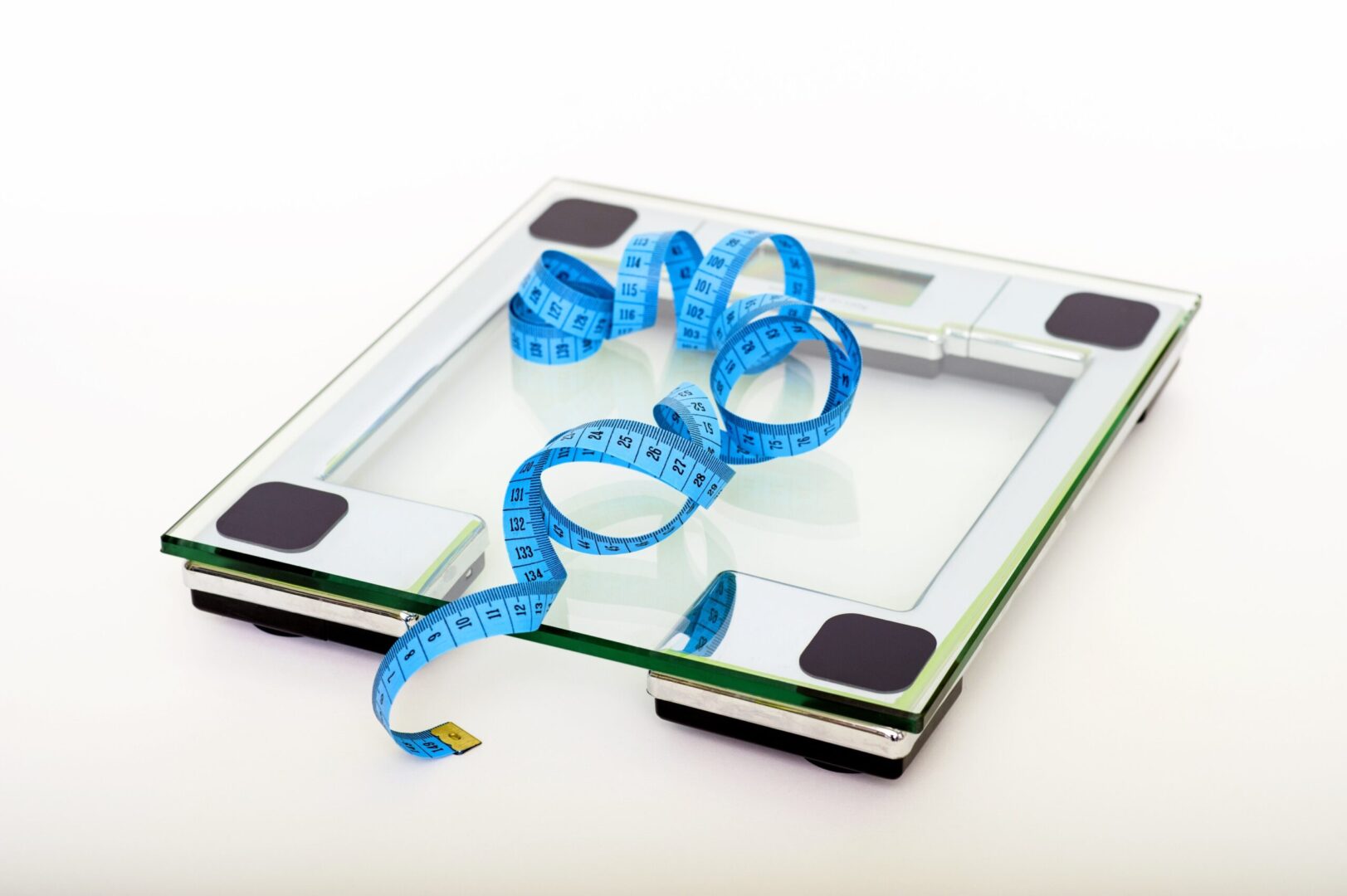Written by: Anne Hogan
The idea that we should “look great and feel amazing” has been prevalent in health for years. Social media, product marketing, and even health campaigns have strongly influenced how we eat and our opinions on how our bodies should look (Rounsefell et al., 2019). While wanting to look and feel attractive is not bad, it is important to remember that achieving a lean, attractive body is not the same as being healthy. Instead, mental and physical health benefits the most when the focus is on fueling the body with the nutrients it needs.
Social Norms & Body Image
Our society often associates being lean with being healthy. The ever-growing influence of social media has only solidified this idea and turned thinness into a health goal for many people (Rounsefell et al., 2019). However, preoccupation with this “ideal” body can contribute to a poor body image, disordered eating, and an unhealthy relationship with food (Mills et al., 2022).
The Research
The age-old method of “going on a diet” by restricting certain foods is harmful because it teaches people to ignore their body’s signals of hunger and fullness (Katcher et al., 2022). In fact, frequent dieting actually contributes to weight gain over time, as these eating patterns are not sustainable and do not promote long-term weight loss (Hazzard et al., 2020).
Instead, individuals who focus on eating the nutrients their bodies need to function – rather than focusing on how they want their bodies to look – tend to be healthier physically and psychologically. One potential method is intuitive eating, which focuses on eating appropriate amounts of food for proper nourishment while emphasizing respect for one’s body. The ultimate goal of this approach is to establish a healthy relationship with food and to enjoy eating without judgment (Garone, 2022).
Studies show that people who practice intuitive eating generally improve their body satisfaction and their relationship with food, and they are less likely to develop disordered eating habits (Hazzard et al., 2020; Katcher et al., 2022). These findings strongly suggest that how we think about our bodies and approach our personal health goals has a massive effect on our mental and physical well-being.
Summary
Research suggests that focusing on eating nutritious food to fuel and nourish the body yields the best results for overall health. While this is not intended to be an endorsement of intuitive eating, it is clear that learning to appreciate and care for our bodies as they are is a step in the right direction to improving general health and wellness.
References
Garone, S. (2022, September 29). What is the difference between mindful and intuitive eating? Verywell Fit. https://www.verywellfit.com/what-is-the-difference-between-mindful-and-intuitive-eating-5185142#toc-what-is-mindful-eating
Hazzard, V. M., Telke, S. E., Simone, M., Anderson, L. M., Larson, N. I., & Neumark-Sztainer, D. (2020). Intuitive eating longitudinally predicts better psychological health and lower use of disordered eating behaviors: Findings from eat 2010–2018. Eating and Weight Disorders – Studies on Anorexia, Bulimia and Obesity, 26(1), 287–294. https://doi.org/10.1007/s40519-020-00852-4
Katcher, J. A., Suminski, R. R., & Pacanowski, C. R. (2022). Impact of an intuitive eating intervention on disordered eating risk factors in female-identifying undergraduates: A randomized waitlist-controlled trial. International Journal of Environmental Research and Public Health, 19(19), 12049. https://doi.org/10.3390/ijerph191912049
Mills, J. S., Minister, C., & Samson, L. (2022). Enriching sociocultural perspectives on the effects of idealized body norms: Integrating shame, positive body image, and self-compassion. Frontiers in Psychology, 13. https://doi.org/10.3389/fpsyg.2022.983534
Rounsefell, K., Gibson, S., McLean, S., Blair, M., Molenaar, A., Brennan, L., Truby, H., & McCaffrey, T. A. (2019). Social media, body image and food choices in Healthy Young Adults: A mixed methods systematic review. Nutrition & Dietetics, 77(1), 19–40. https://doi.org/10.1111/1747-0080.12581
Anne Hogan is a Graduate Student in Food Science and Human Nutrition at the University of Illinois at Urbana Champaign















